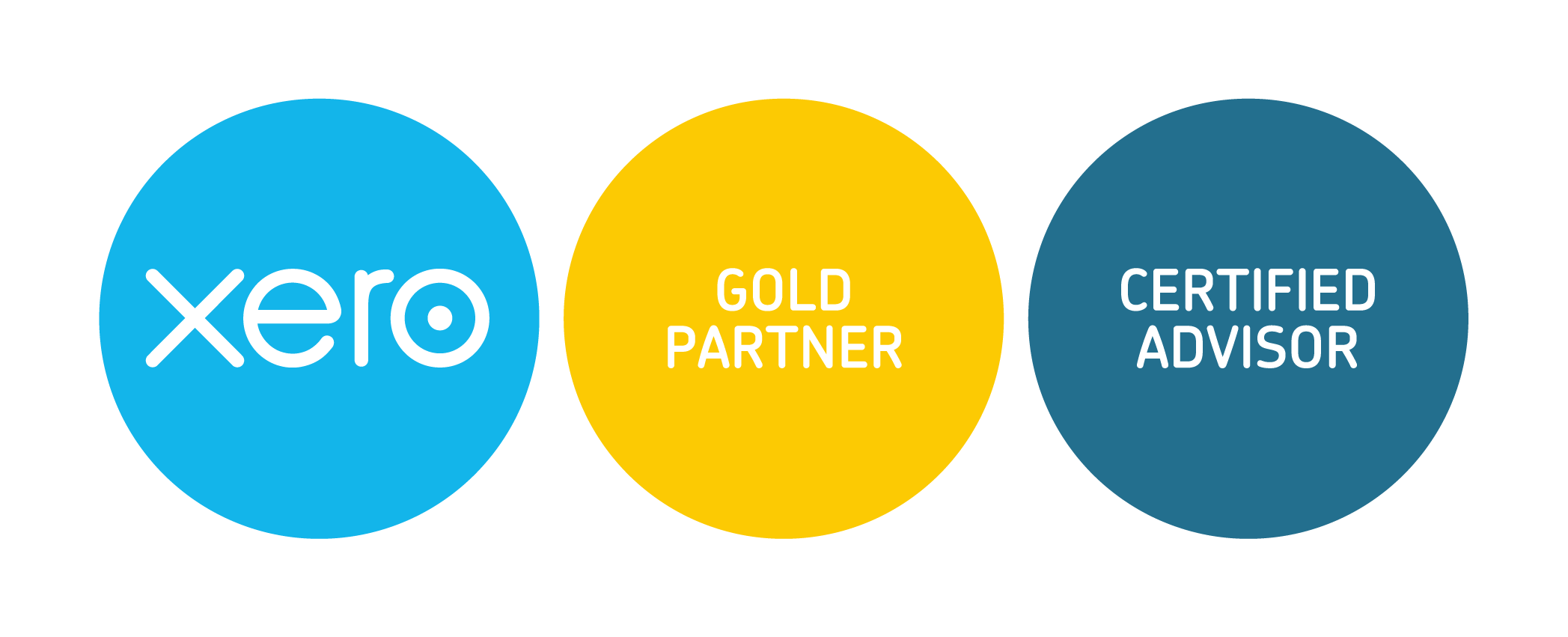

Date posted: 2021-03-11
Last week, Chancellor Rishi Sunak announced this year’s Budget. We’ve had time to digest this information and discuss they key points with our clients. This week’s blog post covers the main aspects of the Chancellor’s Budget 2021.
The majority of points were a continuation of the existing COVID-19 support measures:
- The Coronavirus Job Retention Scheme (CJRS) will continue until September 2021. Furloughed employees will carry on getting 80% of their wage until the end of September. But, (like last time) employers will have to start contributing from the end of June.
- Extra grants are available to the self-employed. These will cover February-April (80% of profits), and May-July. The second grant will depend on how badly your profits are still affected by the pandemic.
- The business rates holiday will continue to the end of June. After that it’ll be discounted by 66%. This is available to certain businesses in the retail, hospitality and leisure sectors.
- The Stamp Duty holiday has also been extended to the end of June. In a hope to get the property market moving again, house purchases under £500,000 are exempt from Stamp Duty.
- VAT will remain at 5% for the hospitality industry. This will increase to an interim rate of 12.5% from September, before returning to the standard 20% from April 2022.
Most of these measures don’t come as much of a shock. We’ve all seen how much the economy has struggled through the last year.
More COVID-19 Recovery Measures
The government has introduced a series of new recovery grants and loans. These are all designed to help businesses to get back on their feet following the pandemic.
The Bounce Back Loan (BBL) and Coronavirus Business Interruption Loan Scheme (CBILS) will be replaced by a new “Recovery Loan Scheme”. Like the previous loans, they will be available through high-street lenders. The government will guarantee 80% of the loan. This should make banks more willing to lend to recovering businesses. The scheme will cover loans from £25,000 to £10m. It also includes invoice and asset financing from £1,000 to £10m. The Recovery Loan Scheme will launch on 6 April 2021 and run until the end of the year.
The government has allocated £5bn to a new Restart Grant Scheme. Again, this will launch in April 2021. This grant is aimed at the sectors which have been worst-hit by the pandemic; hospitality and leisure (including pubs, gyms and care homes). These businesses will be able to apply for up to £18,000. Other businesses, such as non-essential retailers, can apply for a maximum of £6,000.
Businesses will be encouraged to take on more apprentices with the incentive payment being increased to £3,000. This can be used to cover wages, uniforms and training costs for apprentices aged 18-24.
The government have also pledged £400m to help arts venues, museum and galleries to re-open. As for sport, there will be a £300m fund for professional sport and an extra £25m for grassroots football.
Mr Sunak announced the UK’s first infrastructure bank, which will be right here in West Yorkshire. Leeds will play host to the new bank, which aims to improve the regional economy as well as tackle climate change. There will be £12bn available as initial capital to fund public and private projects across the country.
Changes for businesses
We heard about the “super-deduction” on capital expenses. There will be a 130% capital allowance on qualifying plant and machinery equipment. This move is really aimed at the UK manufacturing industry. In real terms, it means that companies can save up to 25p (from their corporation tax bill) for every £1 spent on new equipment. Boosting our manufacturing industry could really be a lifeline to UK businesses in a post-Brexit, post-COVID world.
Mr Sunak also announced the Help To Grow scheme, aimed at SMEs. This is an education initiative to help small businesses improve their skill set. There are two courses; management and digital. The courses are designed to help you grow your business from a practical perspective.
This years’ budget has been highly focussed on the COVID-19 recovery process. Last week’s budget did hint at ways that the government aims to recoup the money spent on recovery schemes: corporation tax.
Corporation tax for larger companies with profits over £250,000 will be charged at 25%. But don’t panic – this doesn’t apply until April 2023. There will be a sliding scale from profits of £50,000 to £250,000. Those with profits under £50,000 will keep the current rate of 19%.
What about personal finances?
If you’re looking to buy a house, now might be the time to do it. As well as announcing that the Stamp Duty holiday is set to continue into the summer, the government is also backing 95% mortgages. In a bid to get more people on to the property ladder, the 95% mortgages will be available through high-street banks.
In terms of personal tax and National Insurance, nothing much has changed. There will be a slight increase to the tax thresholds this year, which will then be frozen until 2026. There will also be no changes to inheritance tax, lifetime pension allowance or capital gains tax allowances, until 2026.
Anything else?
Finally there are a couple of other points worth noting from this years’ budget announcement. The amount you can pay using contactless payment has increased to £100 – so be careful not to drop your wallet! And, duty paid on both alcohol and fuel will remain frozen for another year.
Phew! I think we’ve covered everything there! I hope that was helpful to some of you. Don’t forget – you can always get in touch with our team if you have any questions.

